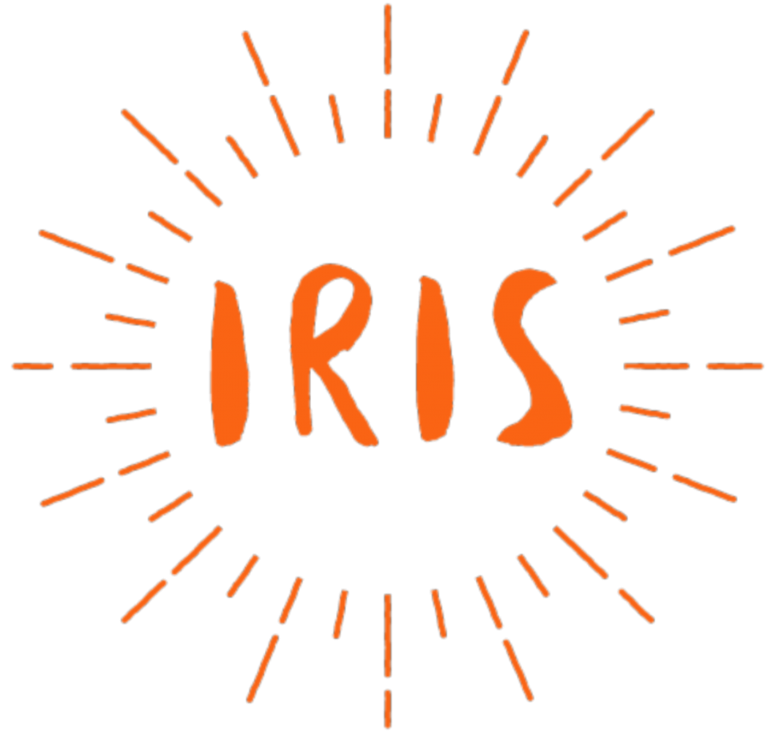Fog disappears

Last Thursday while driving home from the IRIS project meeting I suddenly understood that I was cheerful: The project had passed the critical phase and we have concrete mutual understanding about the steps forward.
Guidebooks have nice graphics of different project phases but I apply feeling scorecards. Planning the project is hectic and feelings vary from confidence to depress. When you receive the message, that the project will be funded you are gripped by overwhelming happiness and excitement. The start of the project is super optimistic until the project starts to convert the plan to concrete actions. This phase is stressful and it requires work, open-minded attitude, patient and belief in the project. Real life is never simple and when the task is to connect a variety of communities like universities, micro entrepreneurs, authorities, libraries and NGO’s together challenges grow exponentially. In addition, operating in diverse environments, like Tanzania and Finland, does not make objectives any easier to obtain. Could we even call IRIS a hyper interesting but an emergent complex system?
IRIS intensive weeks at TUAS started with the presentation of Complexity Thinking. Principal lecturer Harri Jalonen concretely explained that when topics are complex they are not easy to solve because they consist of many interactive parts, individual rules and emergent issues, which are embedded together. Complex challenges are not straightforward but the goal is rather unknown. Meaning, that you work all the time in the jungle where are variety of options but you don’t have a map or rescue package. You choose the best solutions, but only after testing and evaluating you know if you have made the right decision.
After working 1,5 years the goal of the project IRIS is shaping. The new pedagogy model and reverse innovations are no more abstract expressions. Even there is still a massive amount of work to do but now the path is lighter and the team is not rushing in the middle of the fog. One evidence is that the project team is able to discuss outcomes and impacts at the qualitative level instead of thinking only the quantitative results. IRIS is in full flow and we are ready to work not only to reach the goals but even more. You might be doubtful but we have a pleasure to invite you to Dar es Salaam in May 2019 and you will see.

Ritva Hyttinen
IRIS Project Manager
